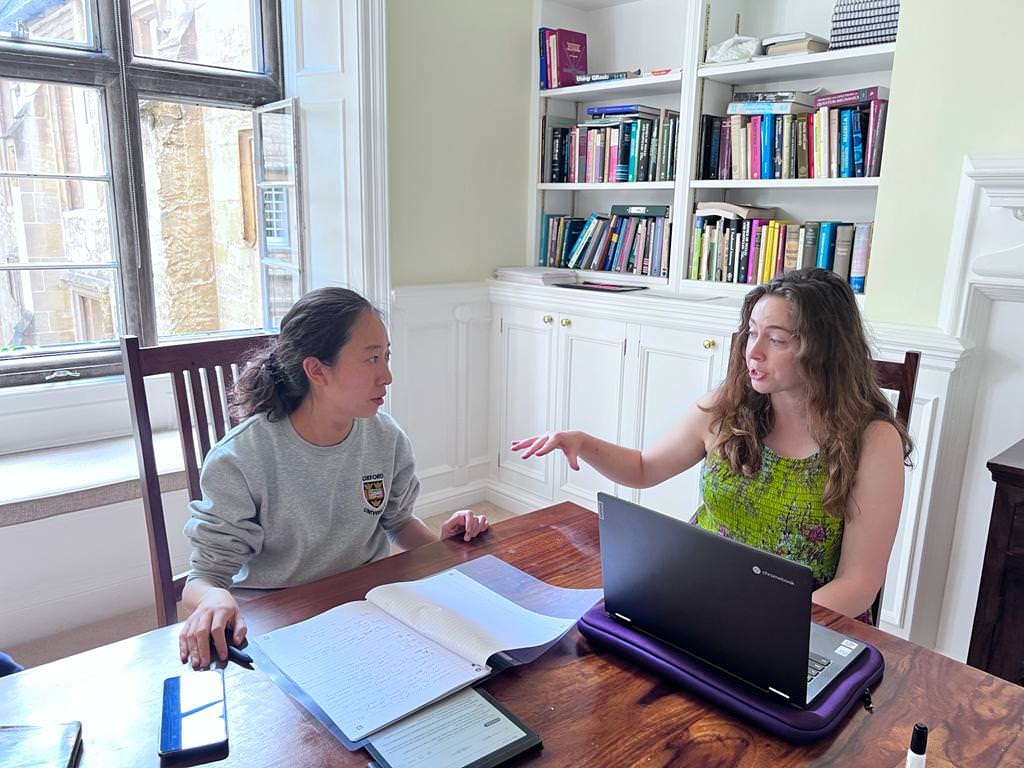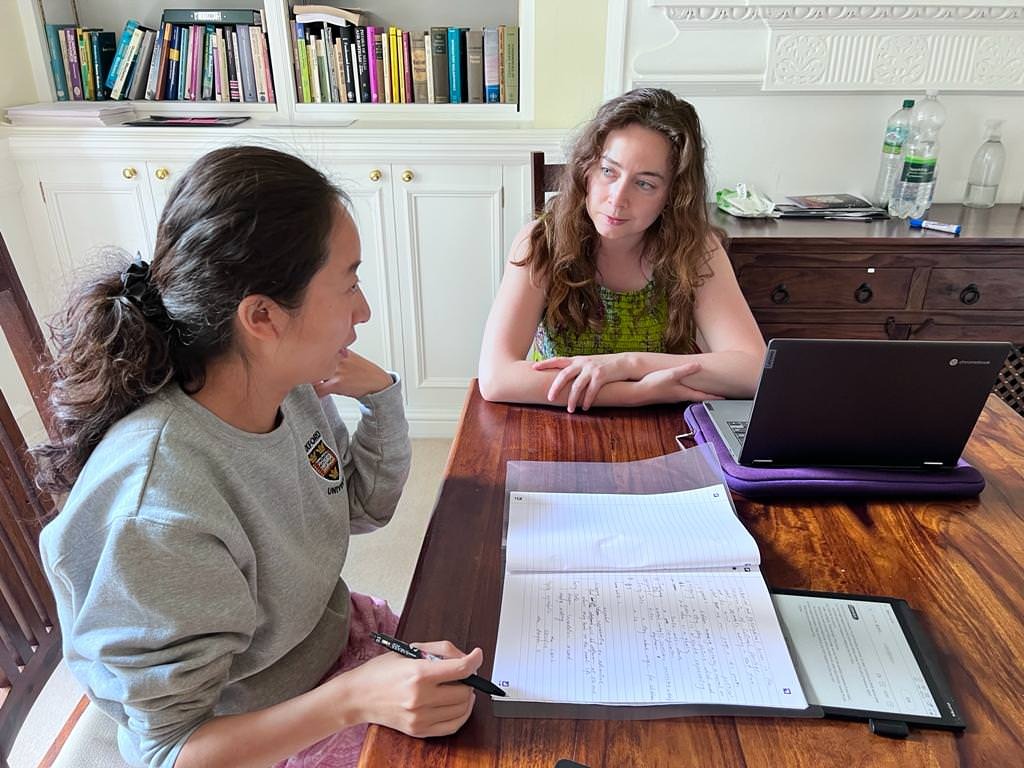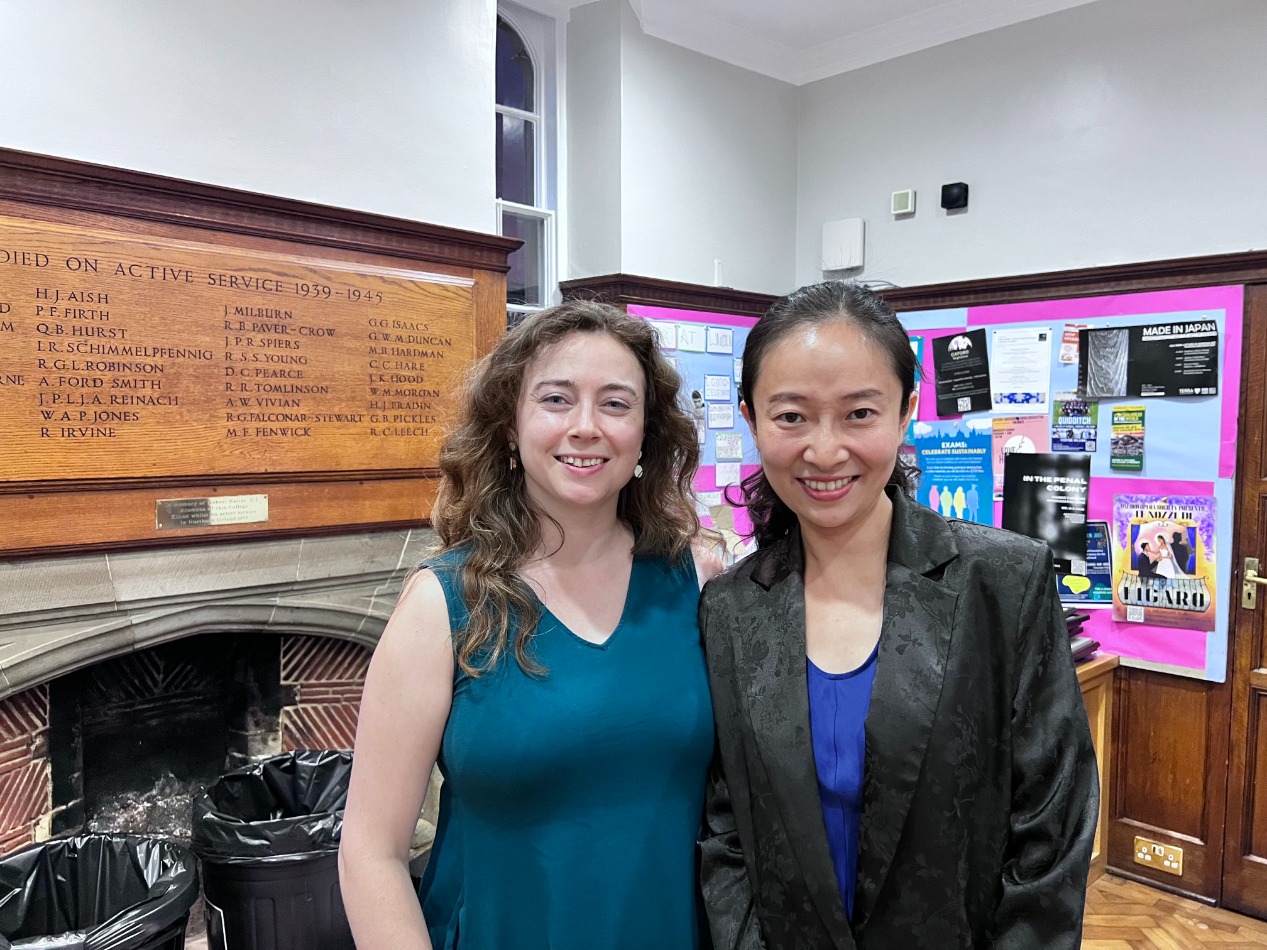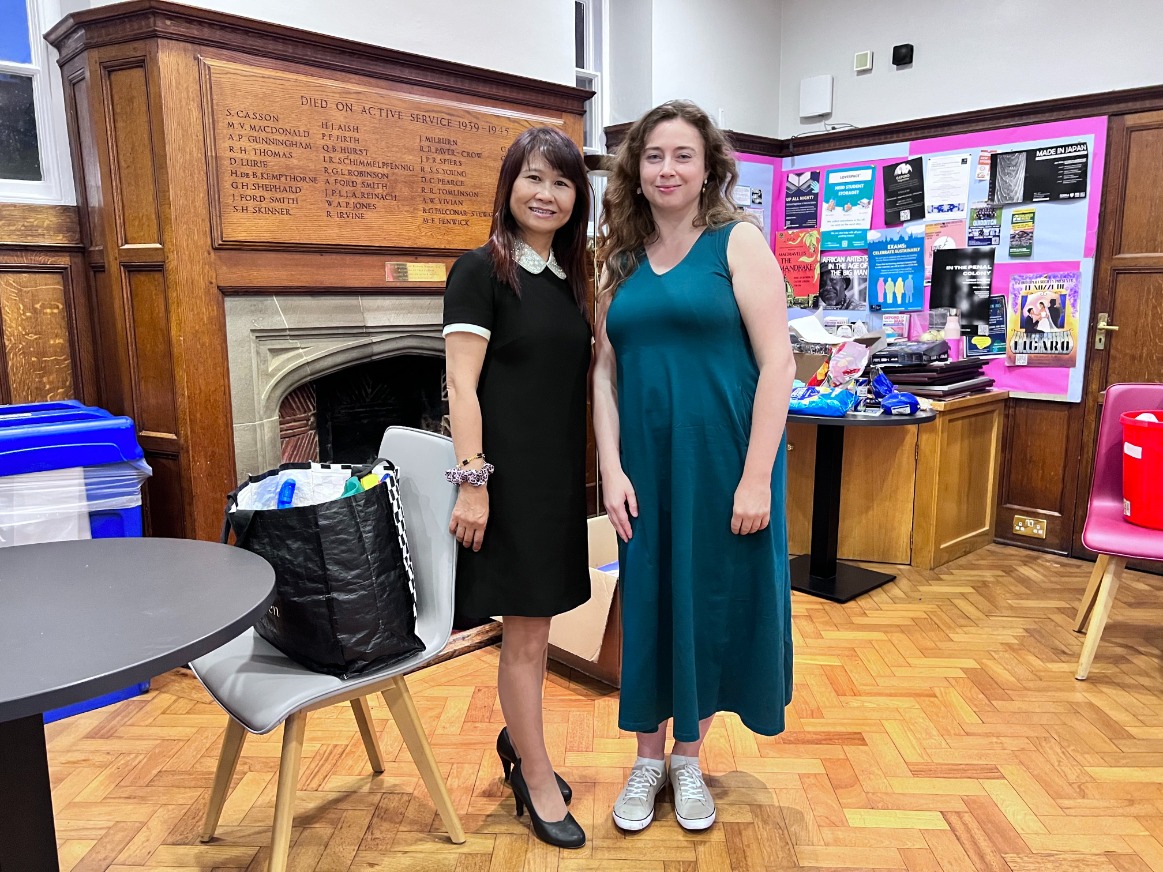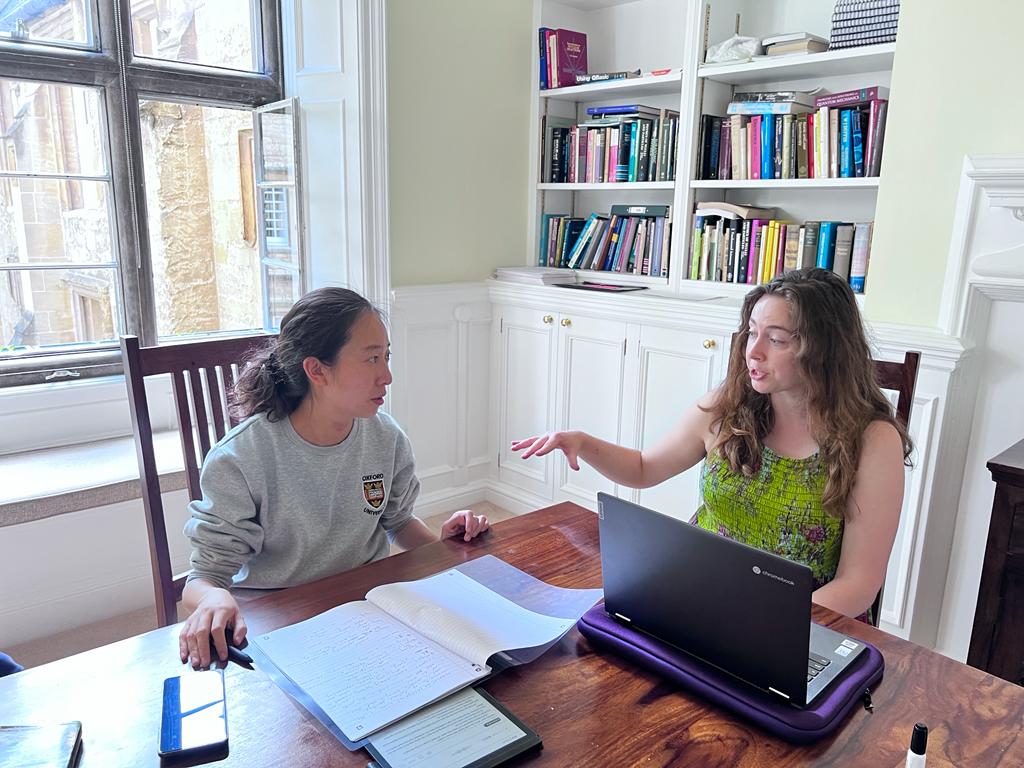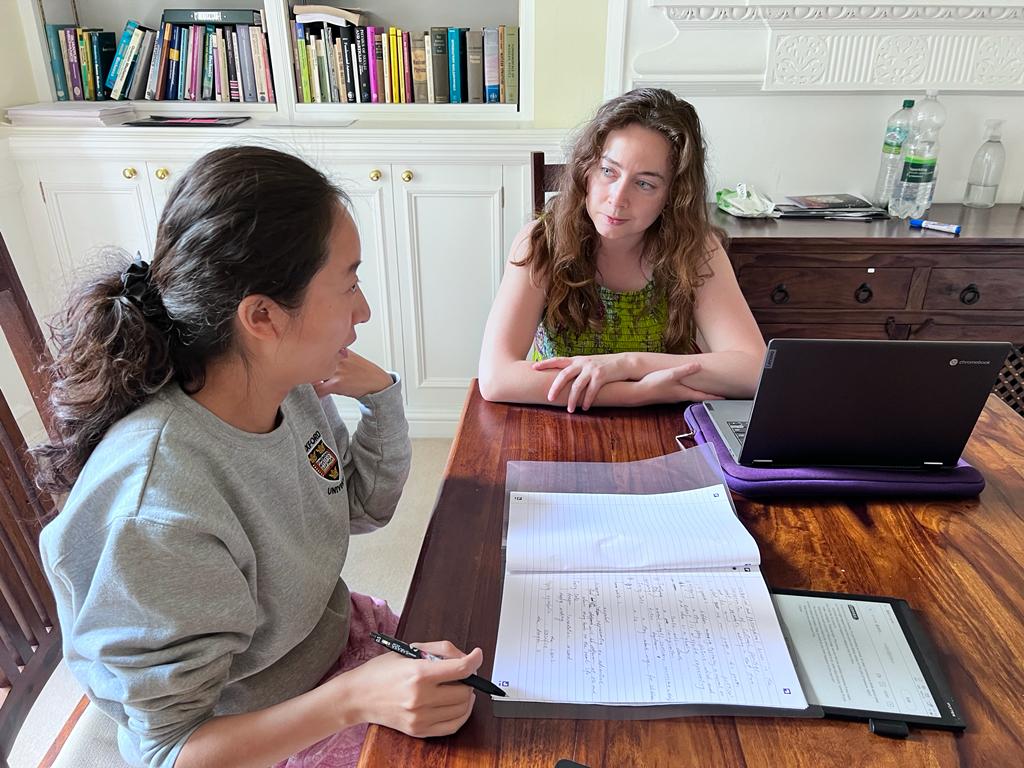Courses
English Literature
Building Storyscapes: Medieval Texts and Fantasy Receptions
In our first course, you will explore the fascinating ways in which medieval English texts have formed a foundation for and inspired a canon of modern fantasy and receptions works. How did medieval authors draw the boundaries of their worlds, and how did those worlds later develop in the minds of modern authors to become the worlds we know from fiction?
Your engagement with the works will be multi-disciplinary: in addition to gaining secure foundational knowledge of seminal works written in Old and Middle English, You will enrich your understanding with visits to the medieval works at the Ashmolean and the ‘Stories and Gifts’ exhibition at the Weston Library Museum.
Course 2
Shakespeare Plays with Emotions
In our second course, you will look into the plays of perhaps the greatest writer in the English language, William Shakespeare. We will introduce students to the complexities and subtleties of his poetics. You will learn how to interpret the range and variety of Shakespeare’s plays through critical textual analysis that focuses on his exploration and imagination of human emotion.
Outside the classroom, you will view Oxford’s remarkable collections of Elizabethan and Jacobean artworks to place Shakespeare’s work into a wider artistic and cultural context, an opportunity that only exists here.
Course Photos
Videos
Subject Tutors
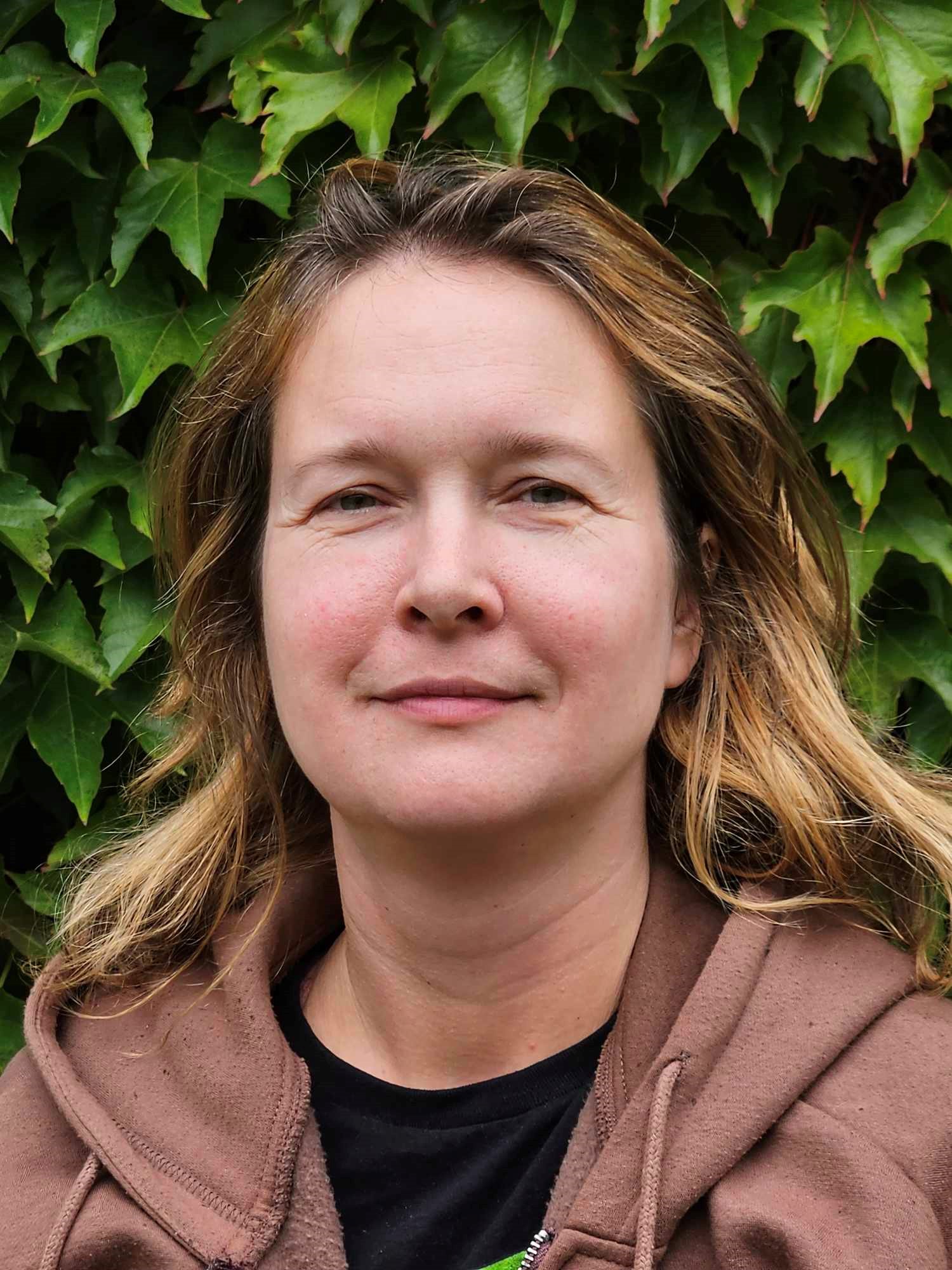
Dr Juliana Dresvina , Regent’s Park College, Oxford
Dr Dresvina was educated in Moscow, Oxford, and Cambridge in History, Theology, and English. She has worked at Cambridge and King’s College London as a medieval historian, taught English at Queen Mary University of London, Reading, Oxford, and Winchester, and held postdocs in art history in London and Paris. In 2011-2014 she was a British Academy postdoctoral fellow with the Department of English at King’s College London. She is currently the Lecturer in Medieval History at Regent’s Park College, Oxford. At Oxford, she teaches and researches a range of cross-disciplinary topics to do with History, English, Theology, and Art History, and is particularly exploring the insights that attachment theory and neuroscience can contribute to the study of the remote past.

